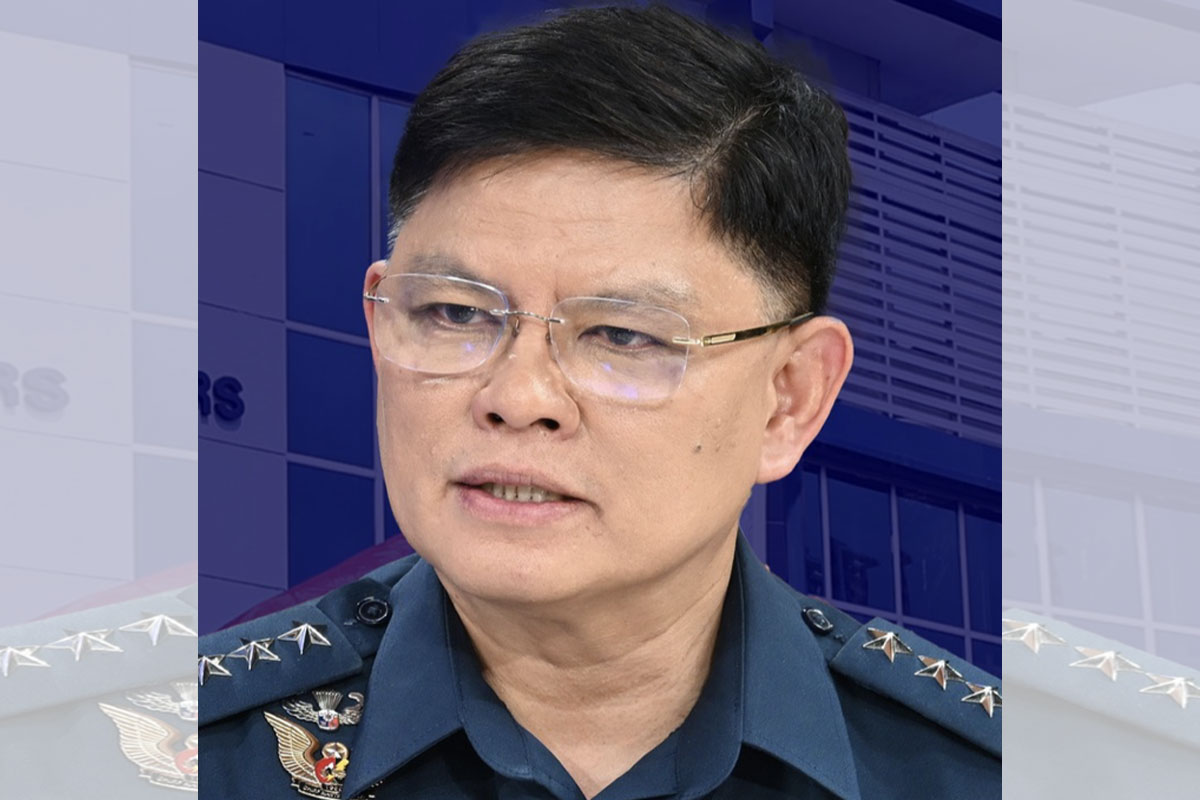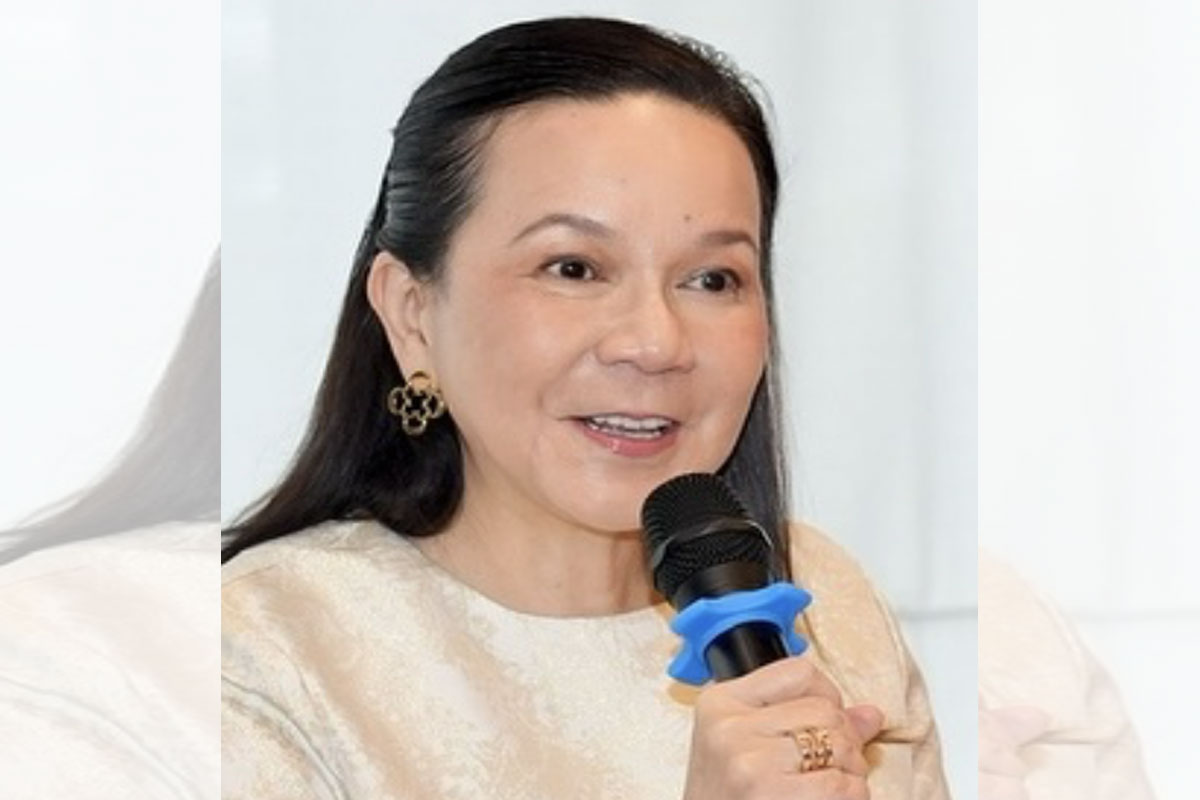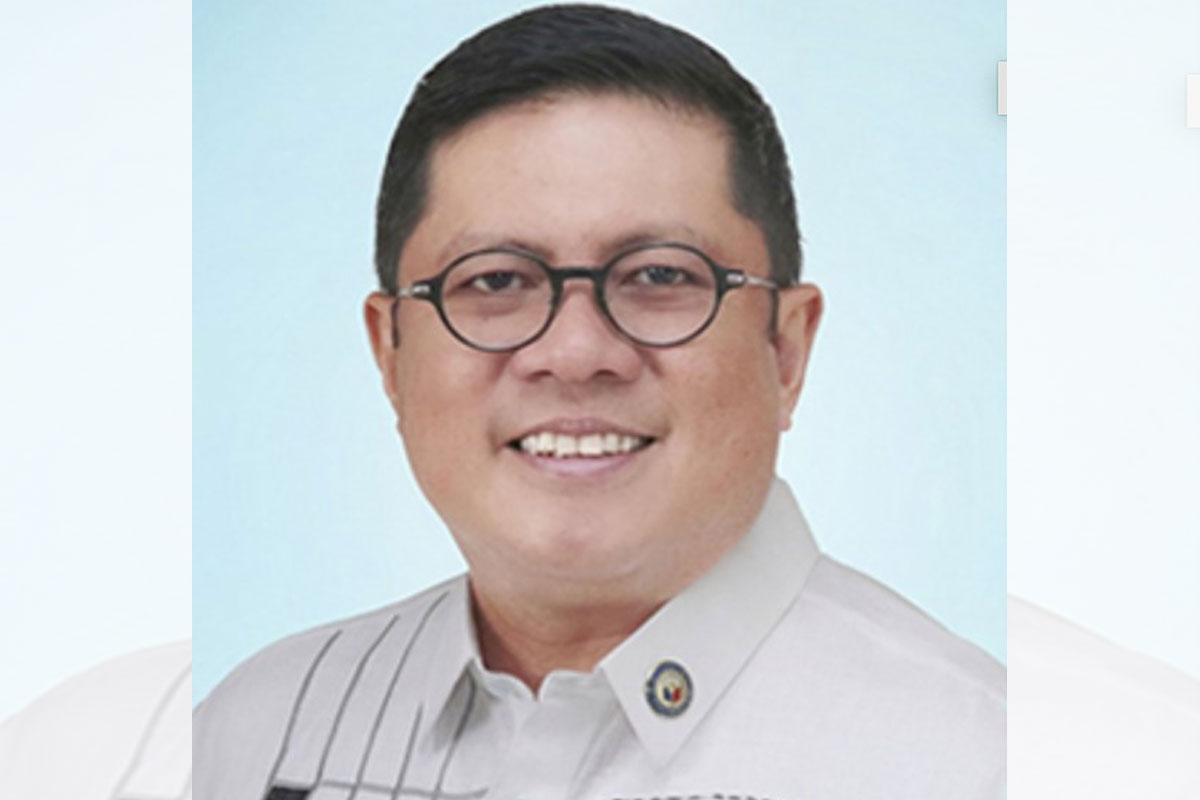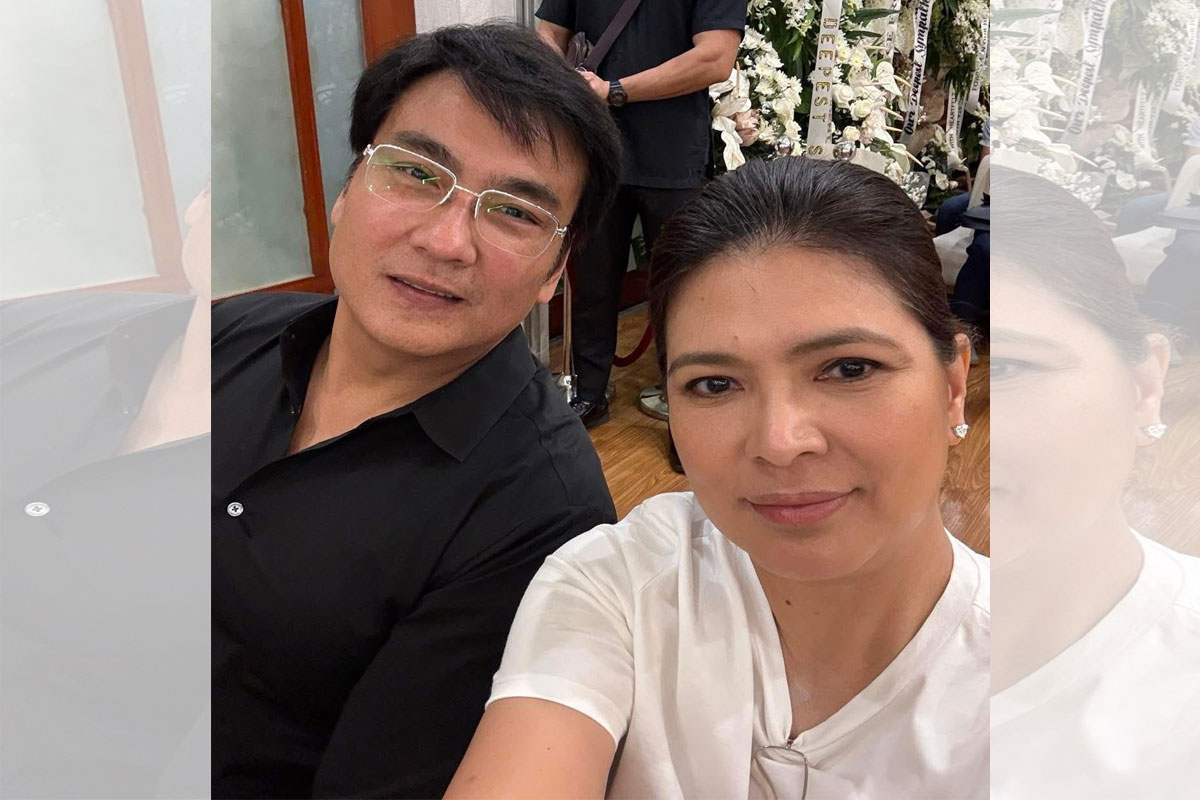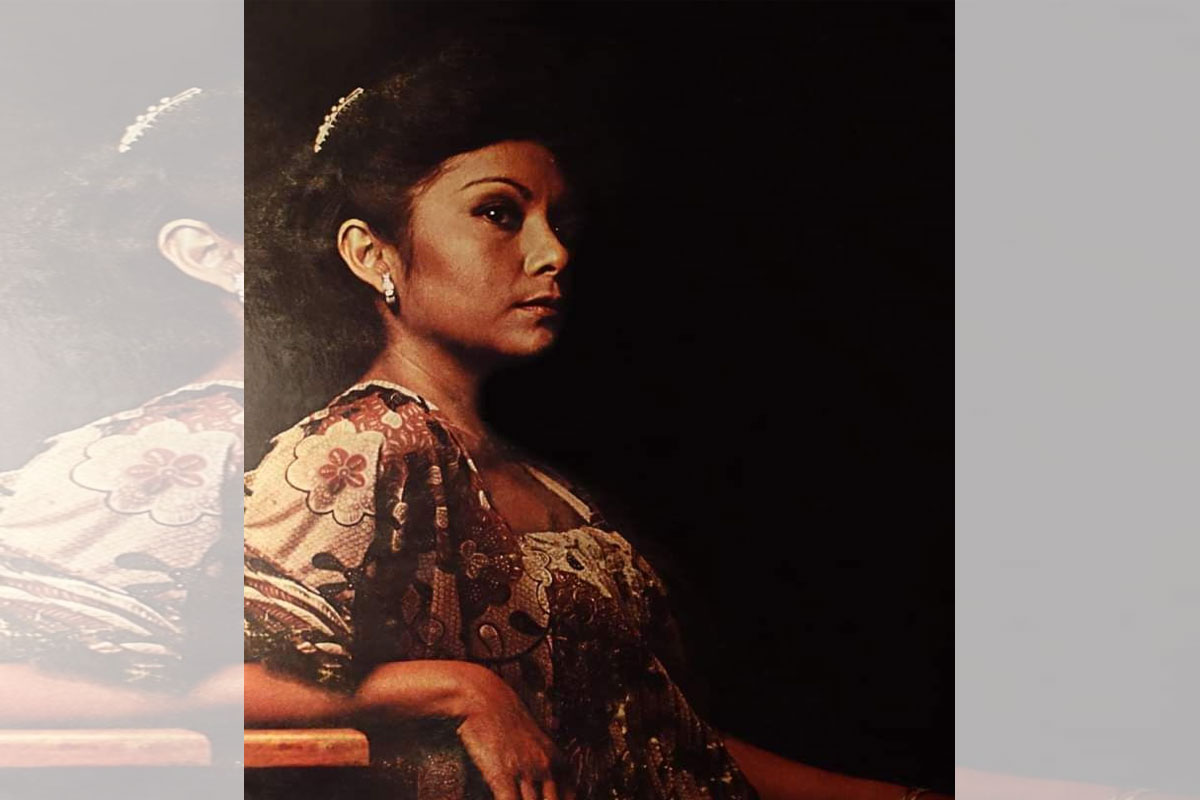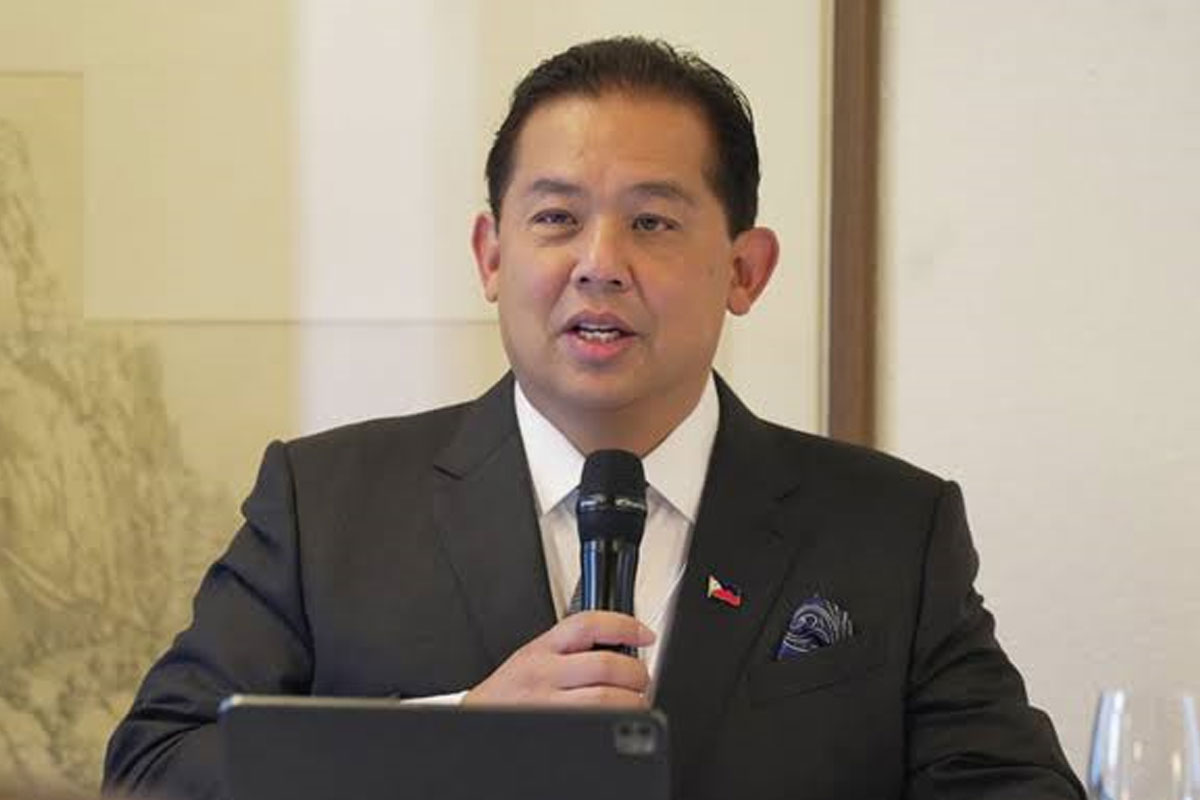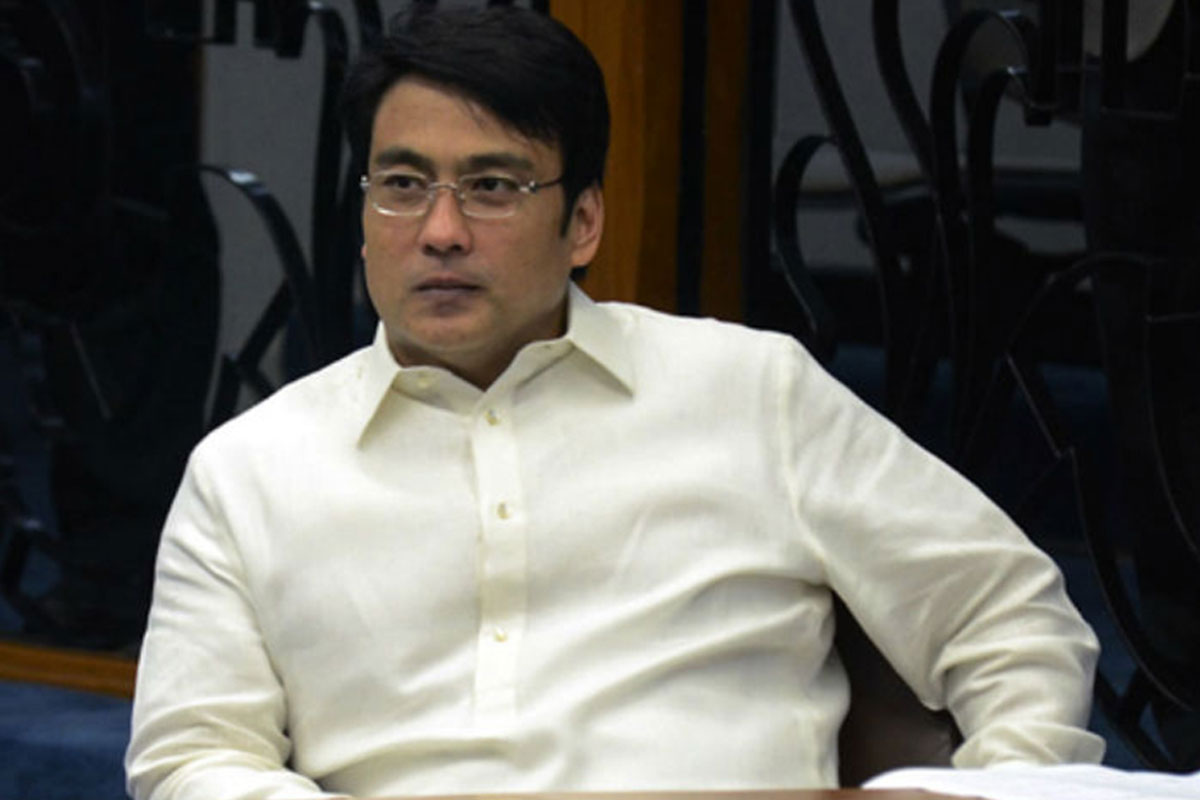
Defending cops, PDEA agents really performing duties
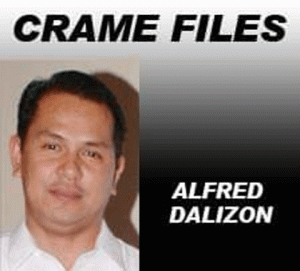 SHORTLY after he won the presidency in 2016, firebrand President Duterte made it clear he will back policemen who will be charged in court for doing their mission of keeping the public safe, particularly in waging a massive war on drugs.
SHORTLY after he won the presidency in 2016, firebrand President Duterte made it clear he will back policemen who will be charged in court for doing their mission of keeping the public safe, particularly in waging a massive war on drugs.
“Do you duty, and if in the process you kill one thousand persons because you were doing your duty, I will protect you. And if they try to impeach me, I will hurry the process and we will go out of the service together,” the President said.
Majority of the police force believed in what the Commander-in-Chief have been telling them: that he would be ready to die for police and protect them. “Do not bulls**t me..do your duty, I will die for you,” he has repeatedly told the PNP top brass and their men.
The President had repeatedly said that once confronted by armed drug suspects who are ready to kill, police should not hesitate to shoot in self-defense. A lawyer, he maintains that a policeman is justified to shoot the offender if his life is in danger.
However, that is much easier said than done. I’m referring to sentiments aired to me by many policemen who have been suspended or dismissed in the ‘performance of duty.’ Their main problem is how to earn a living to feed their families, send their kids to school, pay for their utilities, etcetera, etcetera.
Some are also luckier than the others. Given the full backing of the Palace, they have been able to return to the police force while others have been jailed, suspended or dismissed from the PNP although all of them did what they have been trained to do: fire back at armed opponents.
Let me cite the case of Colonel Marvin Marcos and 18 of his fellows who were acquitted of homicide by a Quezon City Regional Trial Court last October over the death of Albuera, Leyte Mayor Rolando Espinosa Sr. and a fellow inmate.
The Q.C. court issued the ruling in favor of Marcos and company after none of the prosecution’s six witnesses was able to identify from among the accused that they were part of the group that supposedly killed Espinosa and another inmate, Raul Yap, inside the Baybay Sub-Provincial Jail in November 2016.
It turned out that after the prosecution had finished presenting their evidence, they opted not to present any further proof. Thus, the court dismissed the homicide case filed against the accused by the National Bureau of Investigation.
The Justice department also said here was nothing on record that indicates there was evident premeditation in the case. “Not a single witness was present during the pre-operation meeting where it was surmised that the ‘plan’ was hatched by the respondents,” a DOJ resolution said.
On the use of excessive force, the DOJ said “the participation of the 19 police respondents during the incident does not meet this qualifying circumstance.” “It is just reasonable and logical that a police operation requires several armed men to ensure its success, their protection, and security,” the resolution said.
For the DOJ, ‘necessary force’ was used to implement the search warrant since jail guards did not allow the group of Col. Marcos to enter their facility. It also noted that Espinosa and Yap tested positive for gunpowder, confirming the claims of the police raiding team that the two inmates fought it out. Initially, a murder case was filed against the accused but it was later downgraded to homicide.
Now, let me refer to the case of a ‘misencounter’ between members of the Quezon City Police District and the Philippine Drug Enforcement Agency which left two QCPD men and a PDEA agent dead on February 24 last year.
It was obvious that the QCPD members and the PDEA agents were conducting separate anti-narcotics operations which ended up in the tragic shootout. I really commiserate with the families of the slain QCPD and PDEA agent and hope that real justice will be served on them.
However, some policemen have aired their gripes over the recommendation of the PNP Internal Affairs Service regarding the policemen involved in the case. One officer said this to me: “Those policemen were merely doing their duties on that sad day. Papano naman ang mga pamilya nila, ang kinabukasan nila?
Last month, the PNP-IAS headed by lawyer Alfegar Triambulo recommended that Corporal Alvin Borja be dismissed from the police force after their investigation showed that he was the one who had shot and killed PDEA Agen Rankin Gano and informant Untong Matalnas.
Two QCPD personnel identified as Corporals Eric Elvin Garado and Lauro de Guzman also died in the shootout although it is up to the court to decide on what will happen to the PDEA men who killed the two.
The PNP-IAS also sought the demotion to one rank of 10 other police officers involved in the shootout led by bemedaled Major Sandie Caparroso, the former chief of the QCPD District Special Operations Unit. However, no sanctions were recommended for the remaining 41 police officers who went through administrative proceedings.
The resolution of the PNP-IAS on the administrative cases against QCPD personnel is subject to a review by the Discipline, Law and Order Division of the PNP Directorate for Personnel and Records Management and the Office of the Chief, PNP.
On that tragic February 24 afternoon, a botched drug buy- bust led to a shootout between members of the QCPD and the PDEA in a busy area in front of a fast-food chain on Commonwealth Avenue, Quezon City.
Each of the two law enforcement units claimed to be conducting a legitimate buy-bust operation, and accused the other of firing first. The NBI even raised the possibility that PDEA informant Matalnas had gone rogue and pretended to sell drugs to a detainee that the QCPD was employing as an asset.
Five months after the broad daylight gunbattle which drew severe public criticisms, the PDEA headed by Director General Wilkins Villanueva and the PNP then under Gen. Gilor Eleazar signed a memorandum of agreement prescribing unified coordination in the conduct of antidrug operations.
The agreement was aimed at preventing any incidents of miscoordination and miscommunication and related lapses in judgment” between the two agencies that, the PDEA and the PNP said, might “impede the government’s antidrug campaign.”


